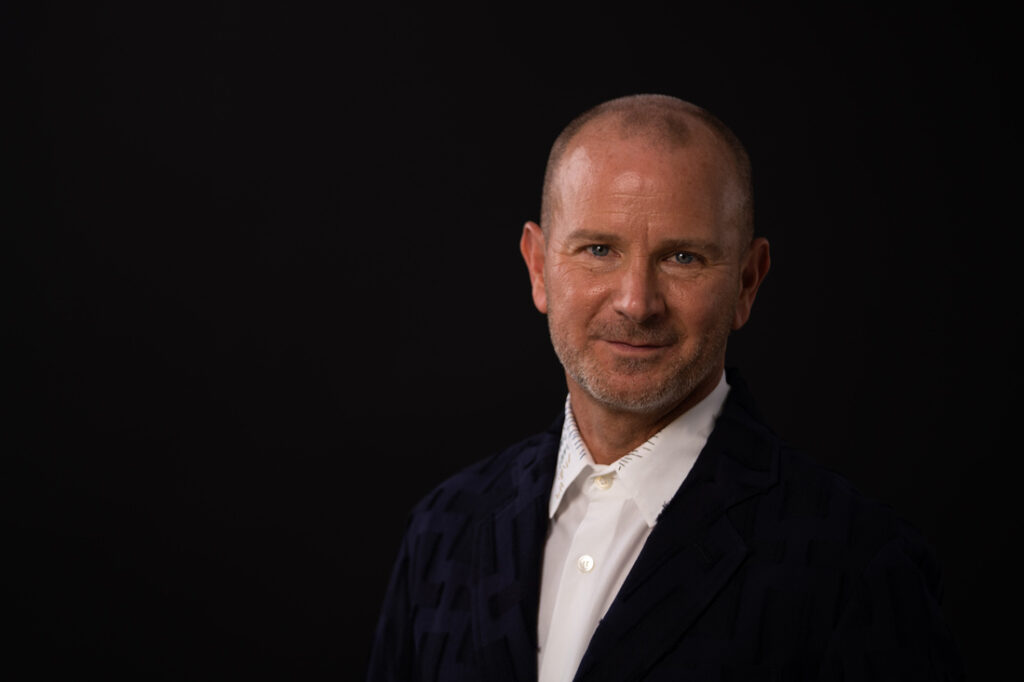In 2020, I was vulnerable with 11,000 employees shortly after we all shifted to working remotely because of the pandemic. We started a weekly Q&A session along with a weekly email. I wrote about what was going on, decisions we were making and the new programs we were rolling out to support our employees.
I decided I was ready to share my struggle with OCD (obsessive-compulsive disorder, which is a chronic anxiety disorder). I hear these letters get tossed around casually when labeling (or judging) others’ behavior, but let’s consider what it means in a clinical sense: “The cycle of OCD persists through operant conditioning, where compulsions are behavioral responses that reduce anxiety. The effectiveness of the compulsion is what negatively reinforces that behavior in response to obsessions,” according to Dr. Menije Boduryan Turner. She explains that having OCD “greatly affects a person’s life due to intrusive thoughts, anxiety and uncertainty. OCD obsessions are intrusive and can be triggered at any time.”
According to the Anxiety and Depression Association of America, approximately 2.3% of the population has OCD, which is about 1 in 40 adults and 1 in 100 children in the U.S., so you never know who may be going through this experience. I was diagnosed several years before the pandemic and had been managing it well until then. But at that point, my OCD began to manifest itself in different ways. The medications I was on and the behavioral therapies I had been taught were no longer working.
The internal communications manager who I worked with on my weekly emails sent me a draft, and as usual, I made a few tweaks. But this time, I added two paragraphs of my own that described what I was going through. I sent the marked-up document back to her.
A few minutes later, she sent me a message in Slack, our shared online workspace, and said, “Are you sure you want to include the paragraphs that you added?”
I sat back and thought for a moment, asking myself, “Is there any reason I should not share this?” The answer was no, so I told her to hit send. It was liberating. This is me!
Looking back on it now, at that moment I wanted employees to know the real me. I was about to discover that there is power in that.
My email went out as usual on Thursday morning with my additional paragraphs, and I went about my typical workday.
Later that afternoon, I had a break between Zoom meetings, so I got a chance to catch up on emails. Within that short window, I had gotten about 400 or so new emails. More than usual, needless to say! I started to scroll through them. Most of them were from employees showing support. Some employees shared that they had OCD as well and how they were managing during the pandemic. Others shared that they had other mental health issues. A lot of employees shared their appreciation and were surprised that an executive would share such personal information.
The power of embracing vulnerability in leadership
When I first started to learn about diversity and inclusion, I would say, “Here is the way I think about people. We are all books, and we each have many chapters. These chapters make us who we are.”
There are things in our life that have shaped the way we think about something, how we are hard-wired or why we have a certain reaction to something. It’s not until you open the book and read those chapters that you understand why someone thinks or behaves as they do. This can help explain why someone may have a visceral reaction to a word, phrase or action. When someone shares, seek to understand and empathize with what they have said. “Be curious, not judgmental.” (I love that quote, which has been attributed to several people.) Those are words we should all live by.
I am a book, and I have an OCD chapter. Changing life circumstances sent it out of control for a bit. It is better now. The emotional part of me as a leader is not absent. The day after my email disclosing my struggles with my OCD and anxiety was sent, I was in a Zoom meeting and an employee said, “I just want to start by saying ‘thank you.’”
I must have looked perplexed because she said to me, “You have no idea what you did, do you?”
I said, “No.”
She responded with, “You made a lot of us realize that executives are just like us.”
It was then that I realized the true power of vulnerability. No company or team can function at its highest capacity without vulnerable leaders. So, now you know Paul; you have had a peek at a chapter in my book. If I am having a bad day or act in an unusual manner, perhaps you will understand what is going on and remember that I am human, too. What a powerful tool. Demonstrating who you are and receiving affirming feedback.
This article is excerpted from Paul E. Wolfe’s book, Human Beings First. Photo copyright: Saami Bloom / studio: INDIVIDUAL™.



